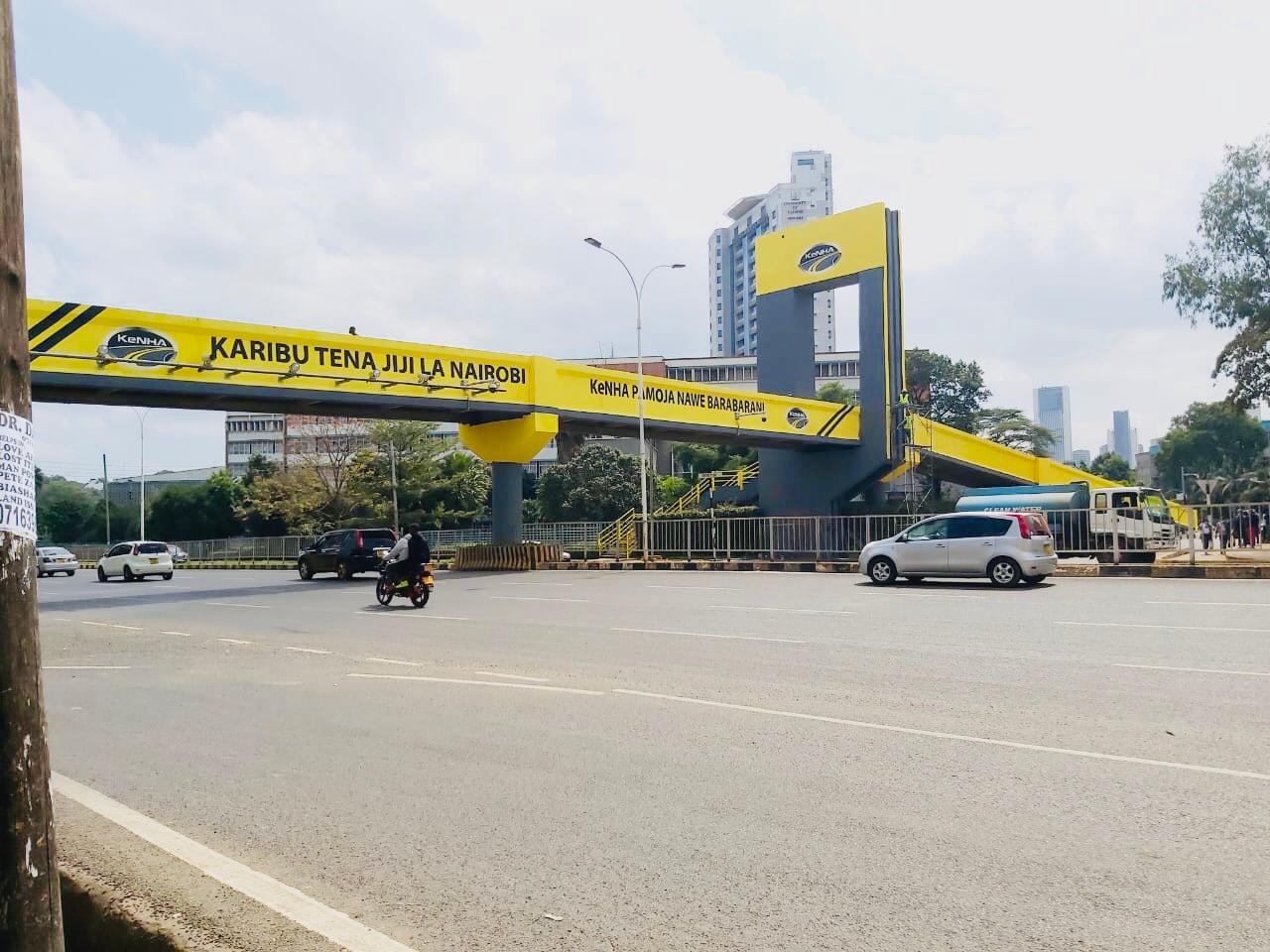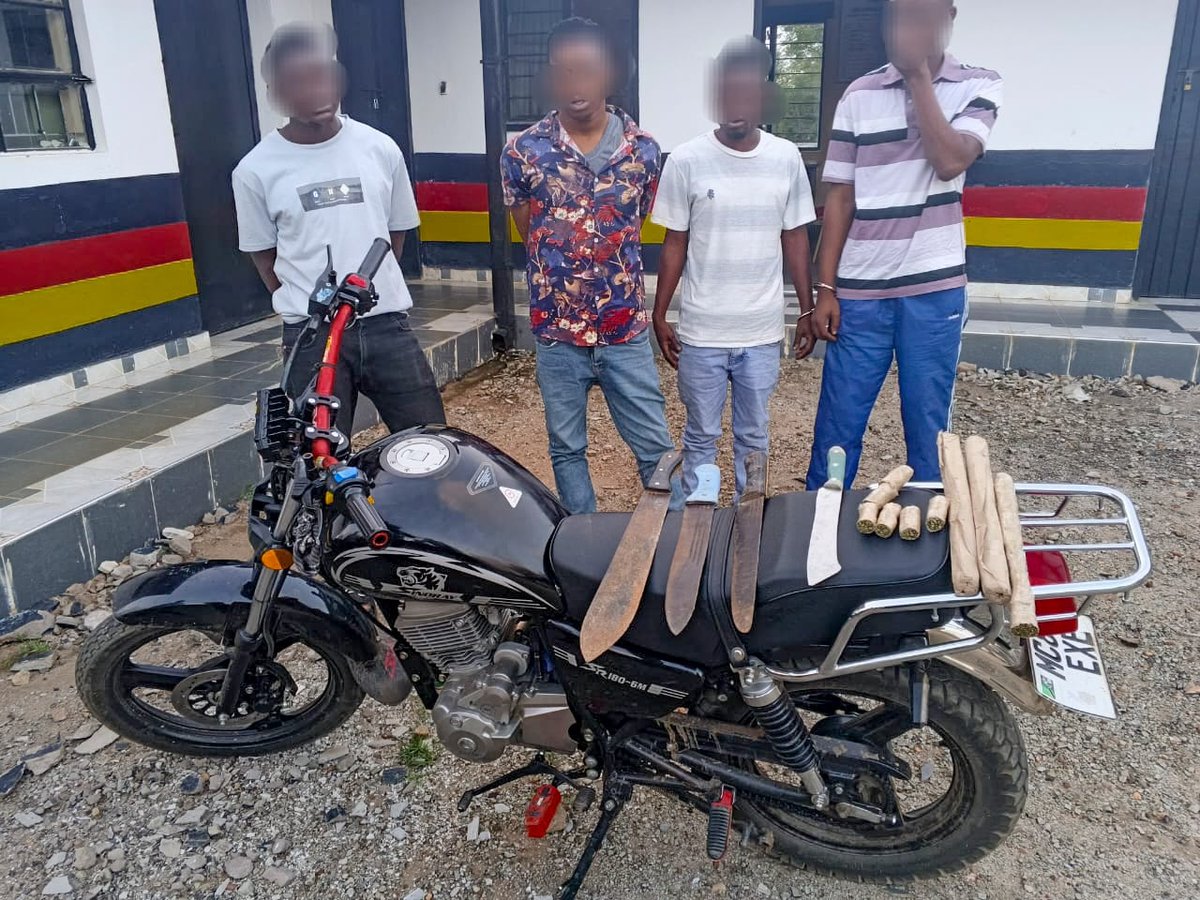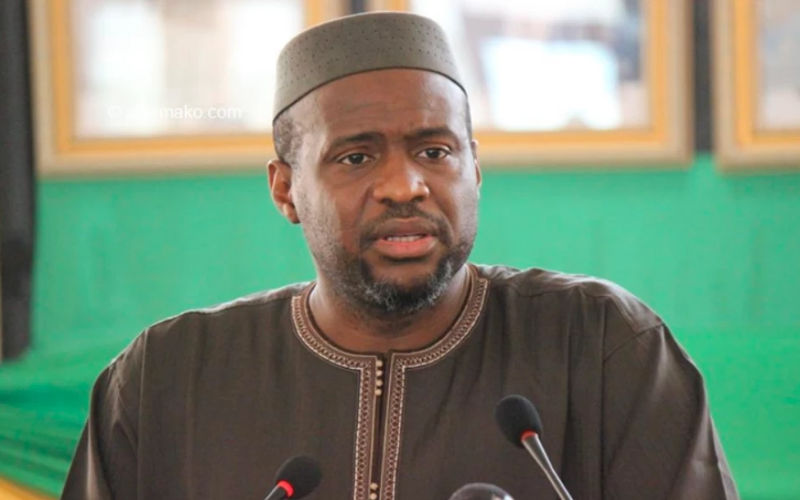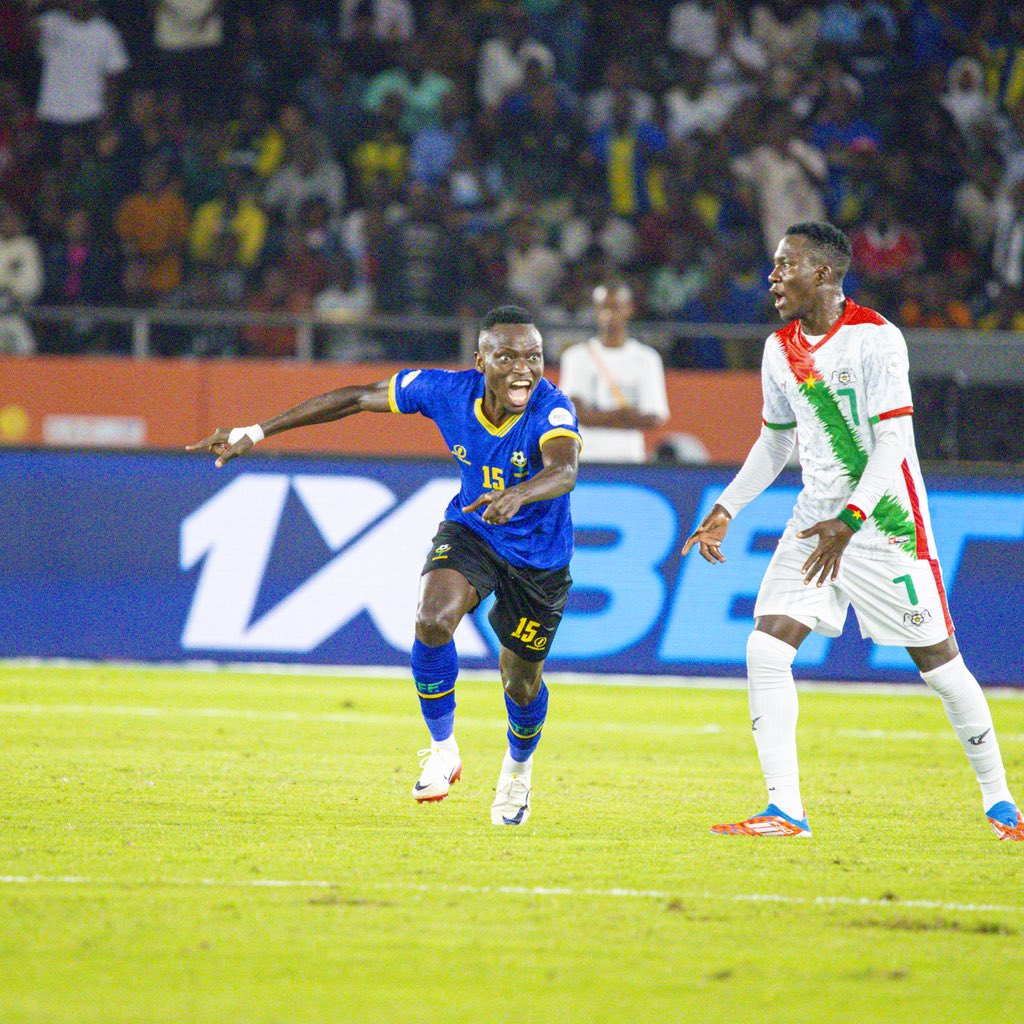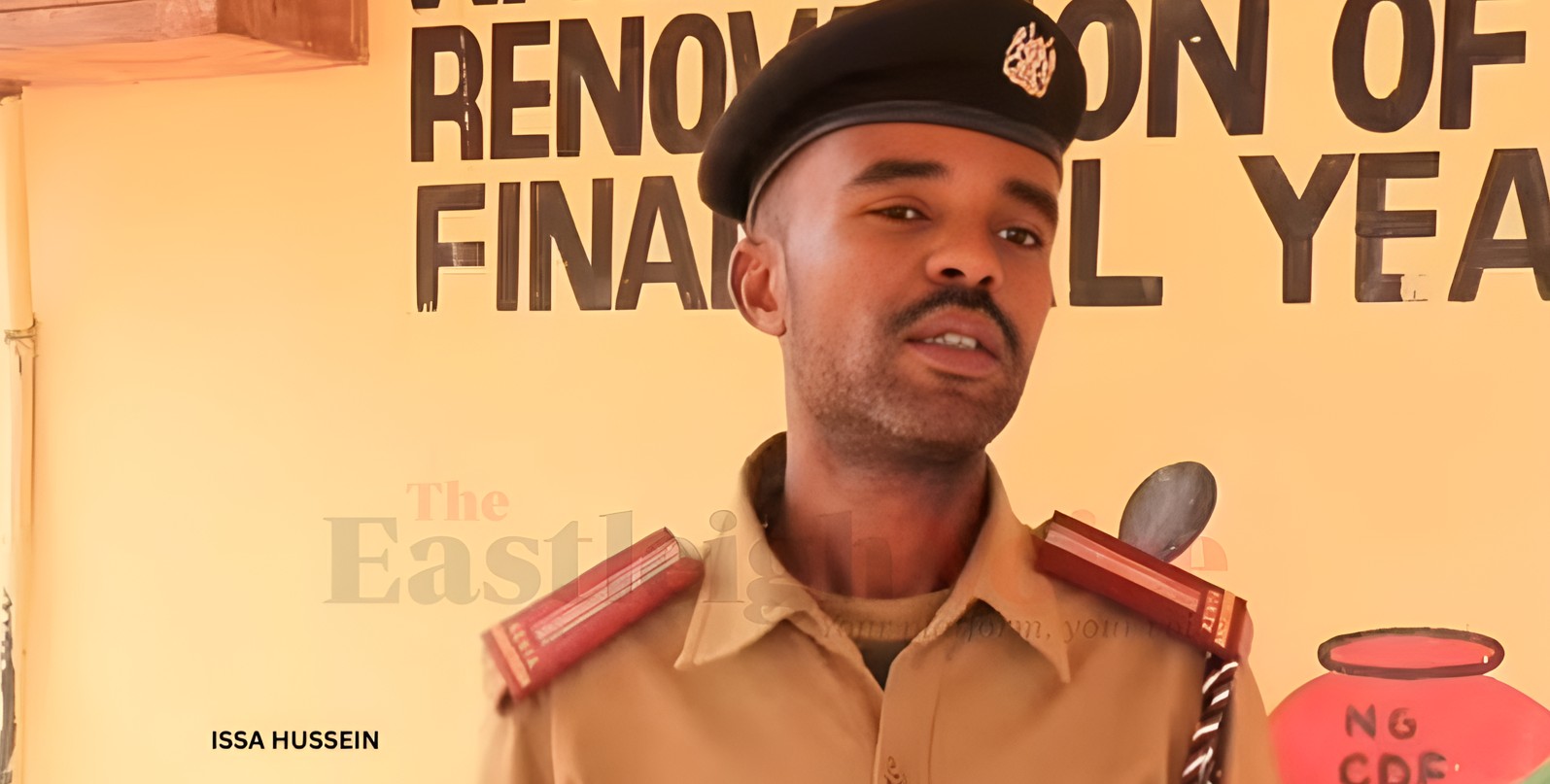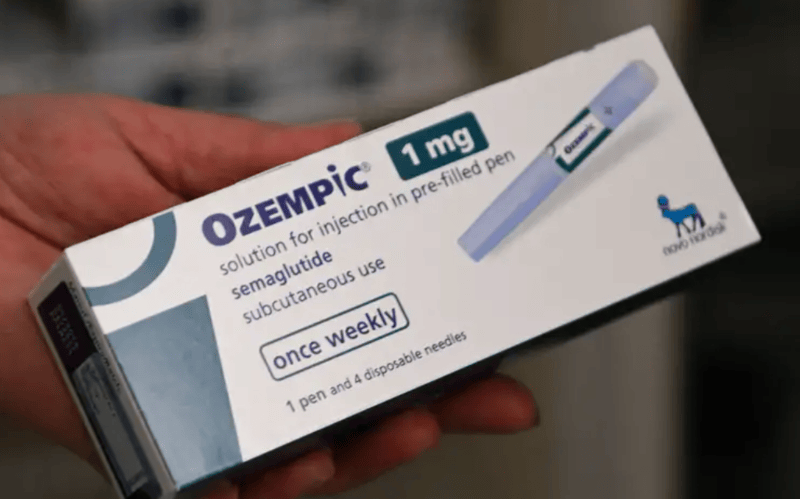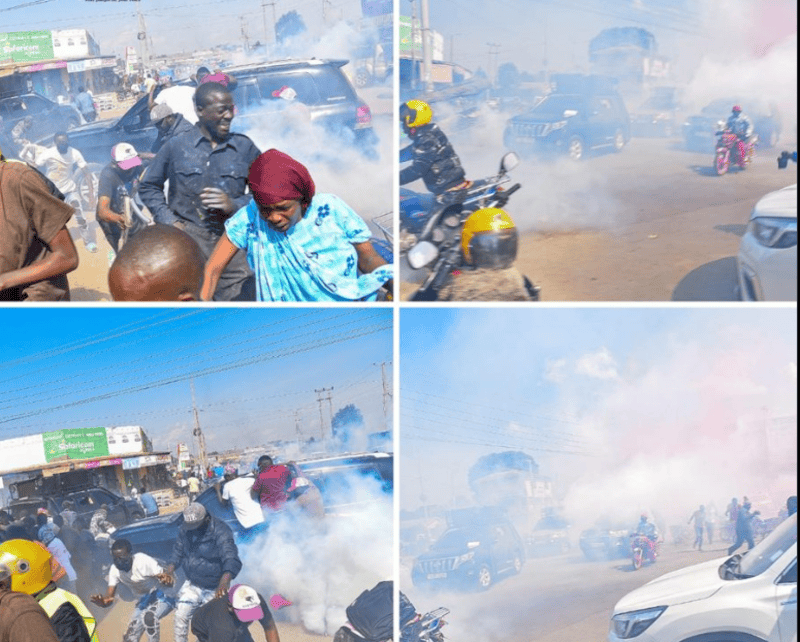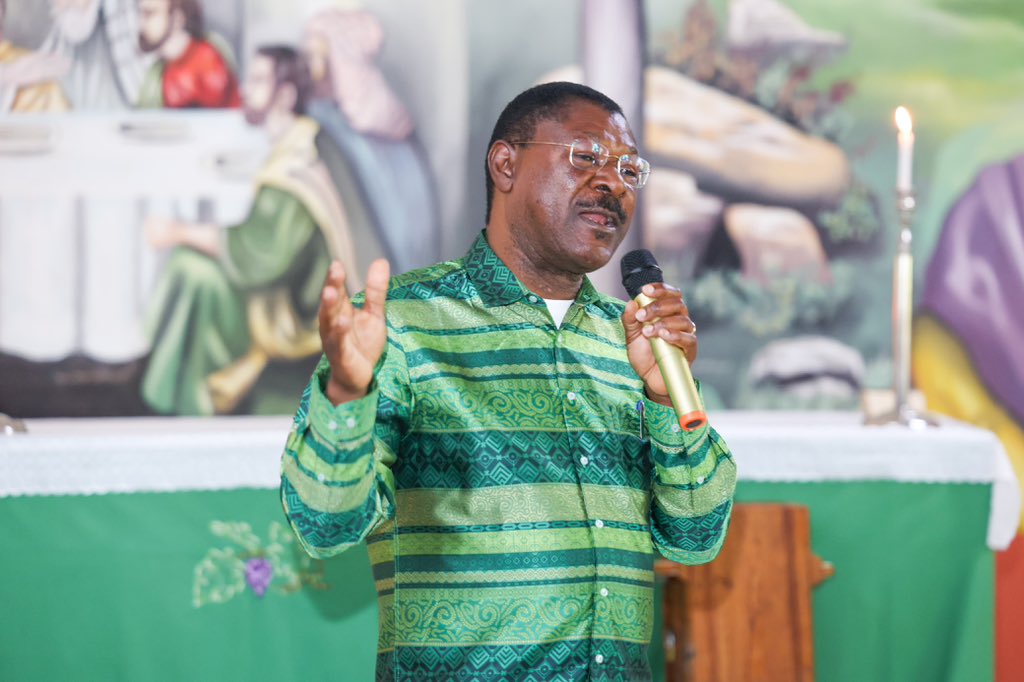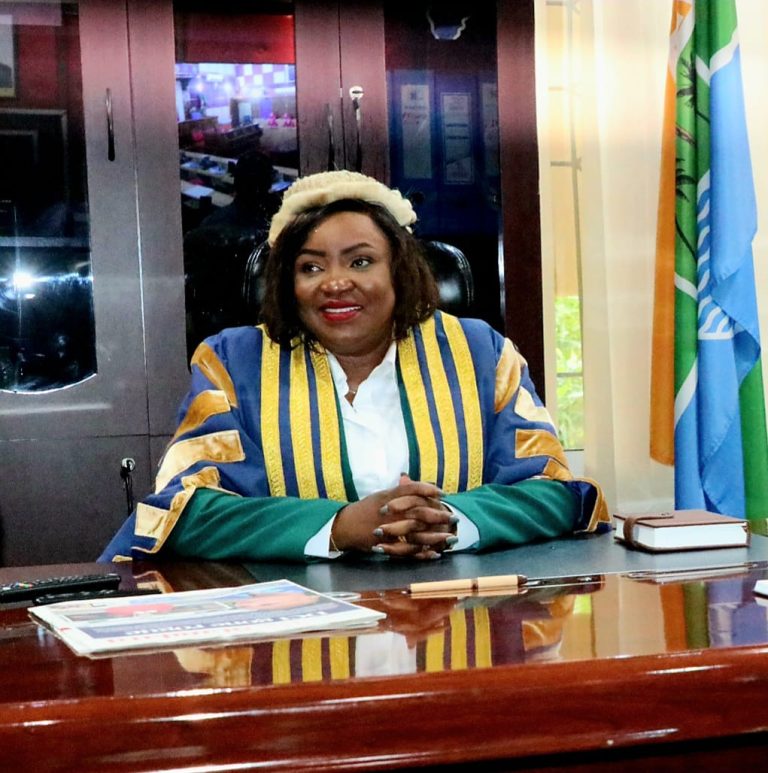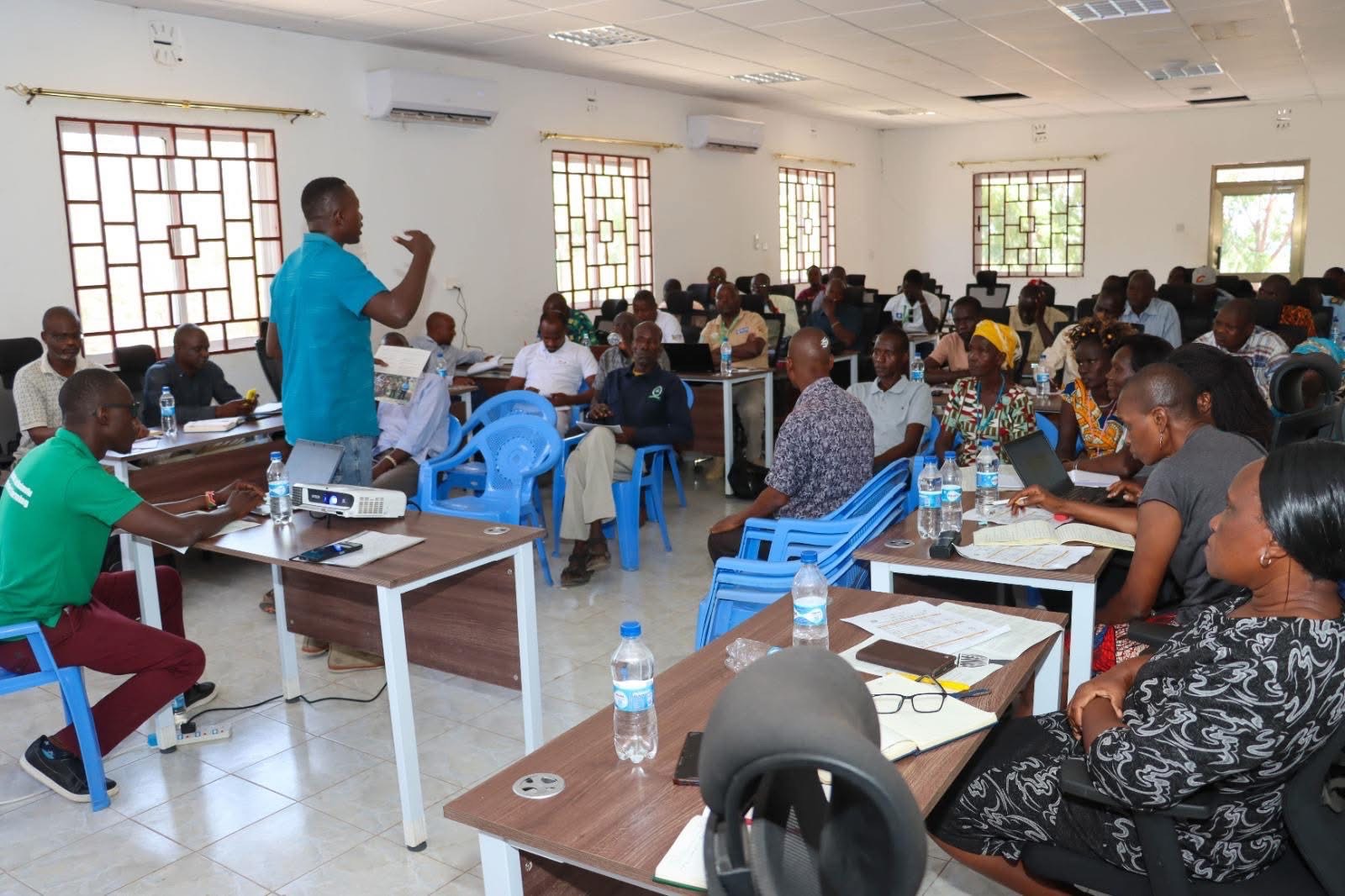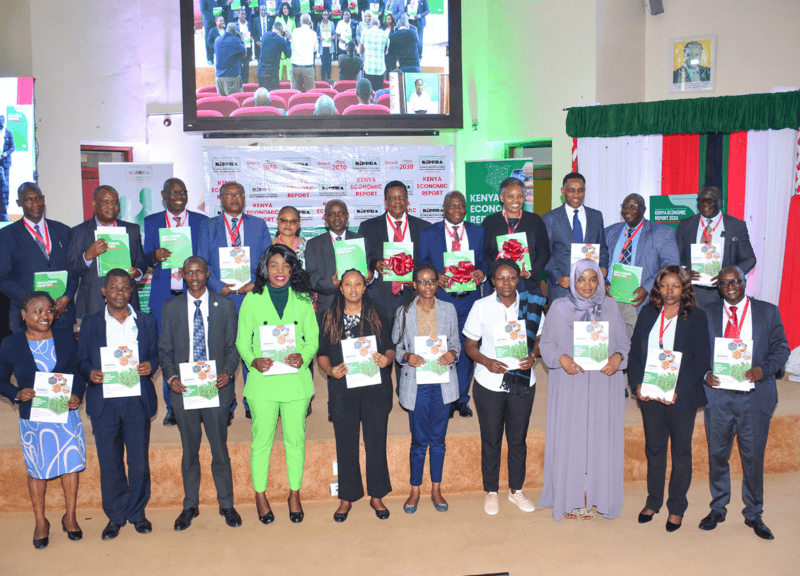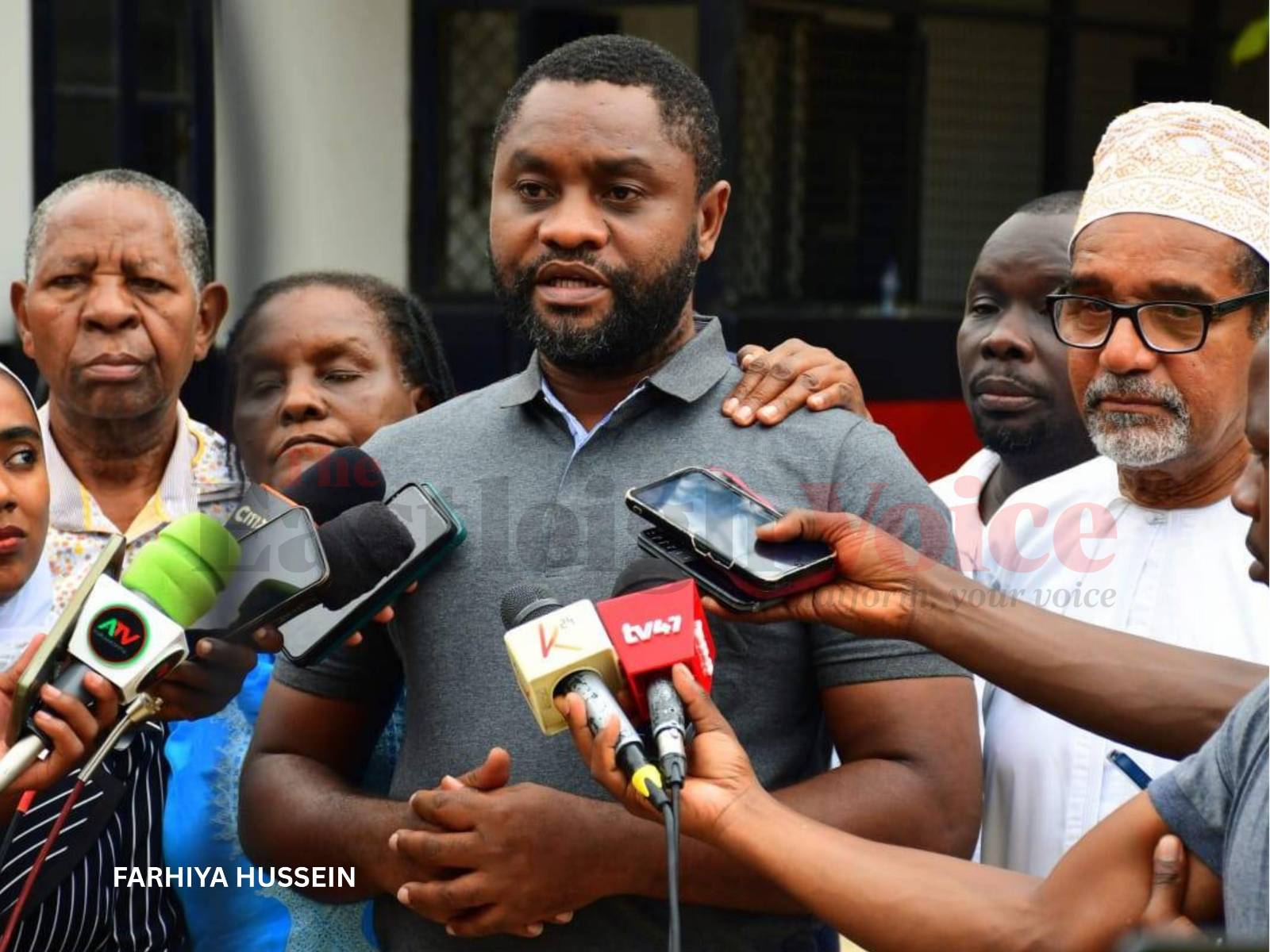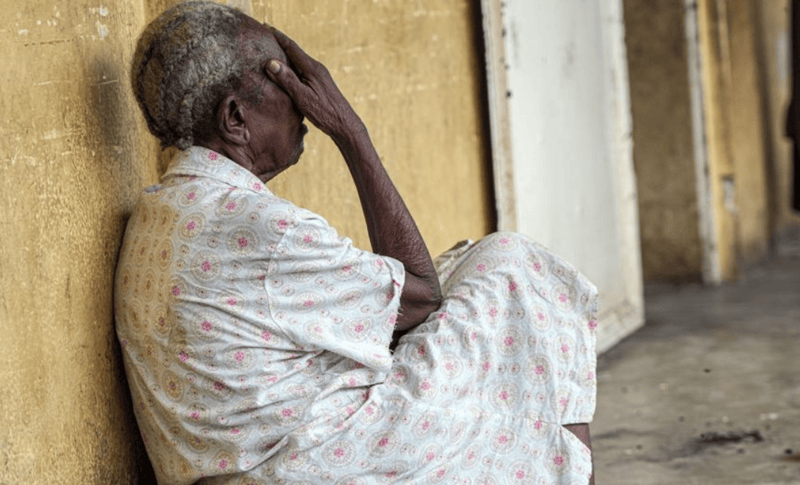Kwale, Busia, Siaya first on list as ODM sets dates for grassroots elections
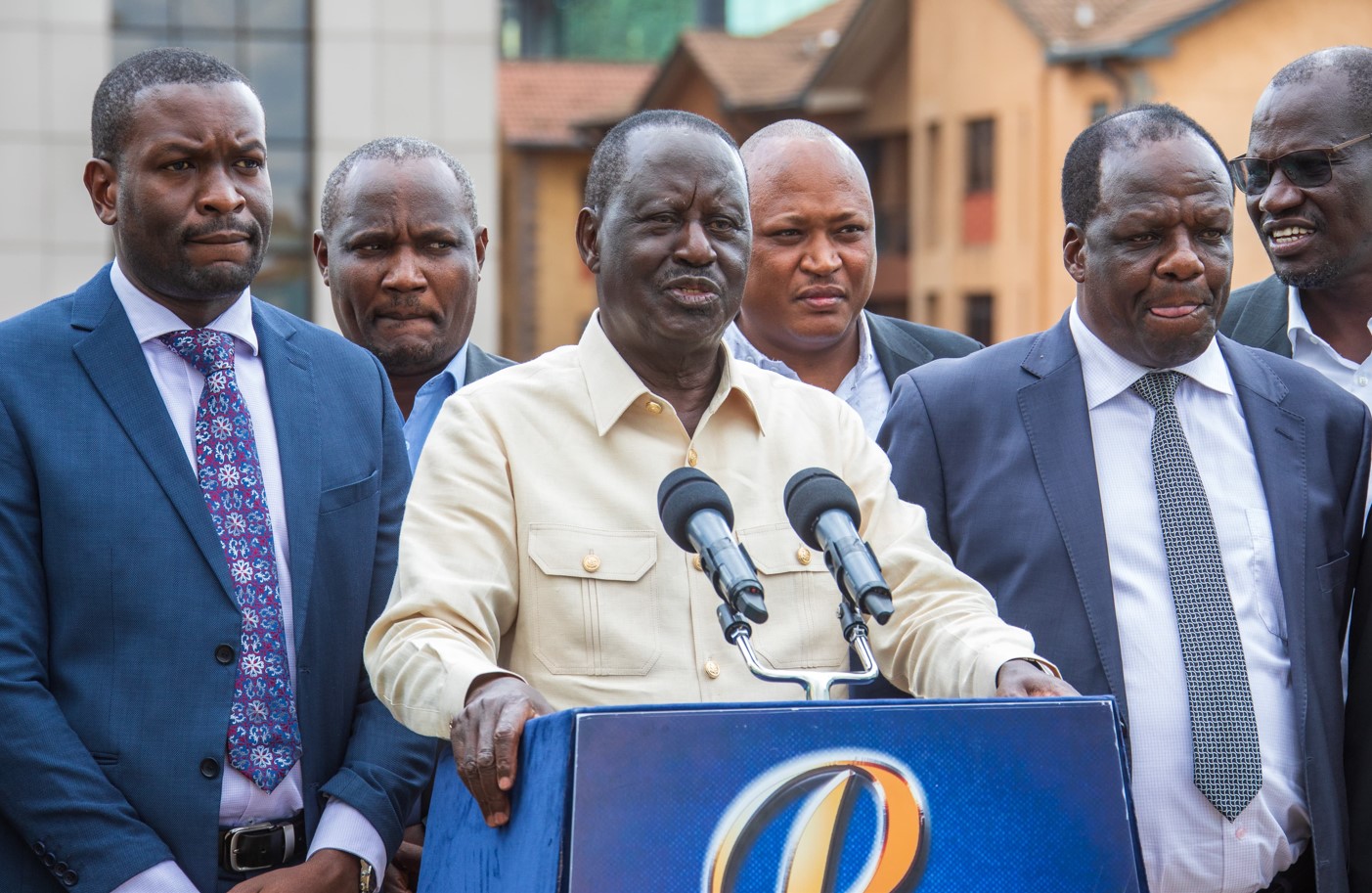
The polls will begin on April 27 in Kwale, Busia, and Siaya counties, and then take place in Kajiado, Migori, and Wajir counties on April 29, and in Kisii, Vihiga, and Muranga on April 30.
The Orange Democratic Movement (ODM) has set dates for its grassroots elections, which will take place in phases following, following their postponement last December.
The polls will begin on April 27 in Kwale, Busia, and Siaya counties, and then take place in Kajiado, Migori, and Wajir counties on April 29, and in Kisii, Vihiga, and Muranga on April 30.
More To Read
- It's not automatic that we will support Ruto in 2027 - Millie Odhiambo
- IEBC defends decision to replace Mbadi with Kipchumba, cite 2022 ODM list
- Sifuna has a right to speak, Raila tells ODM members
- Discord in Raila's party as Sifuna, Junet and Wanga differ on support for Ruto
- Wajir Governor Ahmed Abdulahi slams Edwin Sifuna over Raila-Ruto memorandum criticism
- Why I will vie for Nairobi Governor race with or without Raila's blessings - Babu Owino
"A further timetable covering the next batch of counties shall be released in due course," the party led by opposition chief Raila Odinga said in a statement on Wednesday, following a crucial meeting of its Central Management Committee, which also addressed an expected leadership transition.
Comprising 12 members, the committee wields considerable authority in deliberating and proposing resolutions on matters within ODM before they are presented to broader committees.
Factional disputes have emerged within the party regarding succession plans should Raila secure the role of chair of the African Union Commission (AUC), which complicates the leadership landscape.
ODM announced the poll dates at a press conference at Capitol Hill in Nairobi via a statement read by Nairobi Senator Edwin Sifuna, who is its secretary-general.
Sifuna highlighted the matter of parties' funding, citing the Political Parties Fund, which they claimed has been stifled by the government, undermining operations. He said that in ODM's case, it became challenging to hold grassroots elections.
"The Political Parties Fund was established to enhance democracy by promoting active participation by individuals in political life. Among other things, it is meant to cover election expenses of political parties and the broadcasting of policies. Unfortunately, this fund has become the death knell of the parties it was meant to support," the statement said without giving details or evidence.
It added, "We demand that the funds be immediately released to parties in the amounts and manner stipulated by law."
Further, the committee emphasised the importance of strengthening the party structurally and ideologically, while upholding values such as unity and integrity.
"We agreed to continue with the ongoing membership registration while at the same time working to kick off the processes towards grassroots and national elections," Sifuna said.
He also highlighted critical issues facing the public, including the ongoing doctors' strike, education funding, the fake fertiliser scandal, and the implementation of the report of the Nation Dialogue Committee (NADOC), asking the government to take actions that will ease Kenyans' burdens and benefit all.
The actions, ODM said, include the allocation of sufficient resources to the health, agriculture and education sectors, as well as all other vital ones.
The agenda for the meeting included a further delay of the elections and establishing a framework to alleviate tensions within the party.
Regarding the leadership transition, several factions have emerged in preparation for Raila's potential departure. Among those who want to take over from him are former governors Hassan Joho (Mombasa) and Wycliffe Oparanya (Kakamega).
In his speech, National Assembly Minority Whip Junet Mohamed emphasised the gravity of the impending elections, stressing the need for adherence to party protocols.
"Everyone has a right to contest for any seat but people should not jump the queue,'' he said, exposing the high stakes in the race for leadership slots.
Junet, who is ODM's director of elections and campaigns, emphasised the party's commitment to navigating the succession process within the parameters of its constitution.
While the internal elections were initially slated for April, concerns have been raised about the feasibility of a unified vote, with suggestions for a gradual approach to mitigate tensions.
Proponents of the contentious elections' postponement argue that this move would overshadow Raila's pursuits for the AUC role.
Thus, the decision on the timing and conduct of the vote carries significant implications for both the party's internal integrity and Raila's chances.
Top Stories Today

